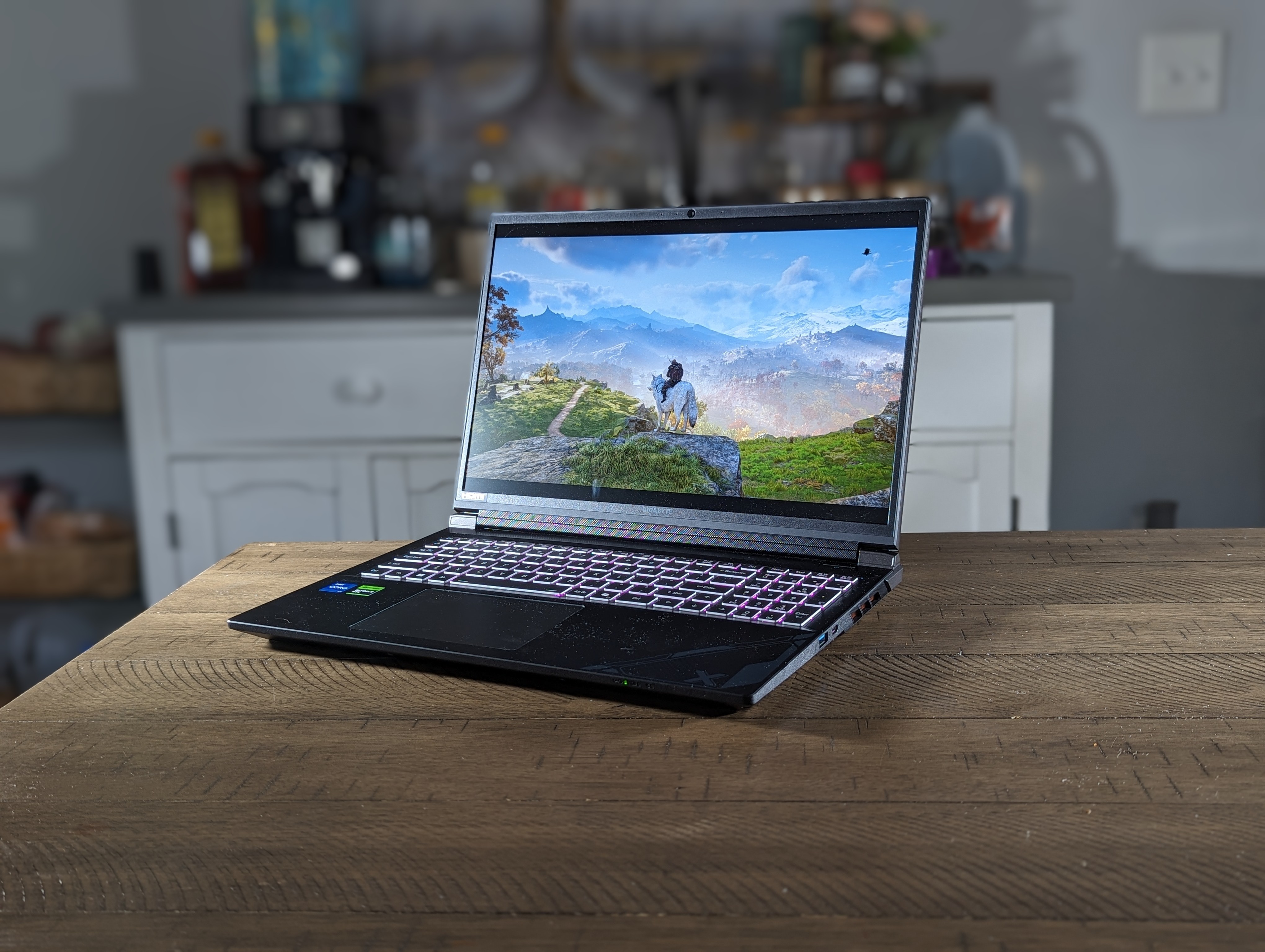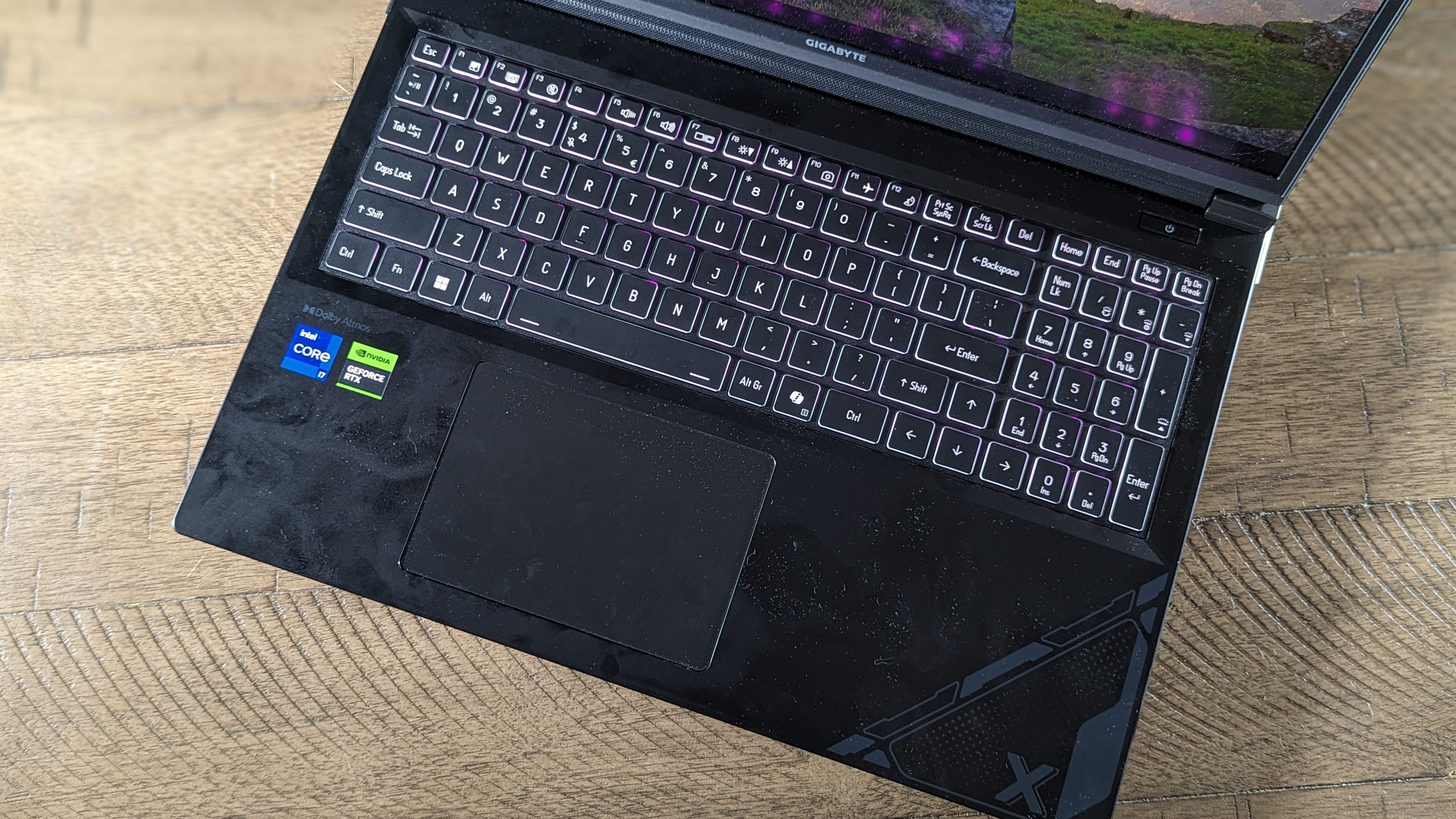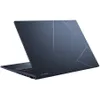Why ASRock, Zotac, and Gigabyte have just been warned by the US federal government
The FTC says "restricting consumers' right to repair violates the law," and they're enforcing it

It's not new news that those pesky "warranty void if removed" stickers you sometimes spot over screw holes on your laptop are illegal, as they violate your right to repair. And yet, some companies insist on continuing to threaten voided warranty coverage if you dare open your laptop's outer case.
Three major manufacturers of gaming PCs, GPUs, motherboards, and other PC accessories that use these stickers and have ominous language in their official warranties — ASRock, Zotac, and Gigabyte — just received letters from the Federal Trade Commission that basically say, "Stop it."
The FTC publicized the warnings in a statement issued Wednesday.
In the FTC's words, each company is "urged...to review its promotional and warranty materials to ensure that such materials do not state or imply that warranty coverage is conditioned on the use of specific parts or services."
The first line in ASRock's current warranty reads, "Manufacturer's warranty will be null and void if products are modified, damaged or otherwise tampered with, for example, the outer case is opened, or additional optional parts/components are installed/removed." As of today, all three companies called out have a similarly worded threat in the warranty's fine print.
In letters to ASRock, Zotac, and Gigabyte, the FTC says it has "copied and preserved the online pages in question and plans "to review your company's written warranty and promotional materials after 30 days." If any company fails to right any questionable warranty practices or threatening language, it "may result in law enforcement action."
Hopefully, ASRock, Zotac, and Gigabyte will update their warranty policies within 30 days and start removing those illegal stickers.
Stay in the know with Laptop Mag
Get our in-depth reviews, helpful tips, great deals, and the biggest news stories delivered to your inbox.
Each company is "urged...to review its promotional and warranty materials to ensure that such materials do not state or imply that warranty coverage is conditioned on the use of specific parts or services."
Why is your right to repair important?
This isn't the first time the FTC has sent letters reminding companies that "warranty void if removed" stickers are illegal.
In 2018, the FTC sent letters to Nintendo, Sony, Microsoft, Asus, HTC, and Hyundai. And if companies today are still trying to challenge illegal warranty practices, this probably won't be the last time the FTC has to send letters.
But why does it matter? Why is your right to repair worth diligently protecting by the FTC?

The most significant incentive for most people is financial. Electronics are expensive today, whether you're talking about laptops, smartphones, or other devices.
Often, you could extend the life of these expensive devices if you could take them to someone to repair or repair them yourself.
Unfortunately, many pieces are glued in, or you'll see scary "warranty void if removed" stickers that prevent you or someone else from repairing them, and you might end up buying an entirely new device as a result.
The "right to repair" movement is working to protect your right to unscrew your laptop cover and dust it out or replace a failing component and to make it easier and more accessible to repair your own devices or take them to a third-party repair technician.
EssentiKeepingurrent devices longer is better for your wallet and the environment.

Sarah Chaney is a freelance tech writer with five years of experience across multiple outlets, including Mashable, How-To Geek, MakeUseOf, Tom’s Guide, and of course, Laptop Mag. She loves reviewing the latest gadgets, from inventive robot vacuums to new laptops, wearables, and anything PC-related. When she's not writing, she's probably playing a video game, exploring the outdoors, or listening to her current favorite song or album on repeat.










